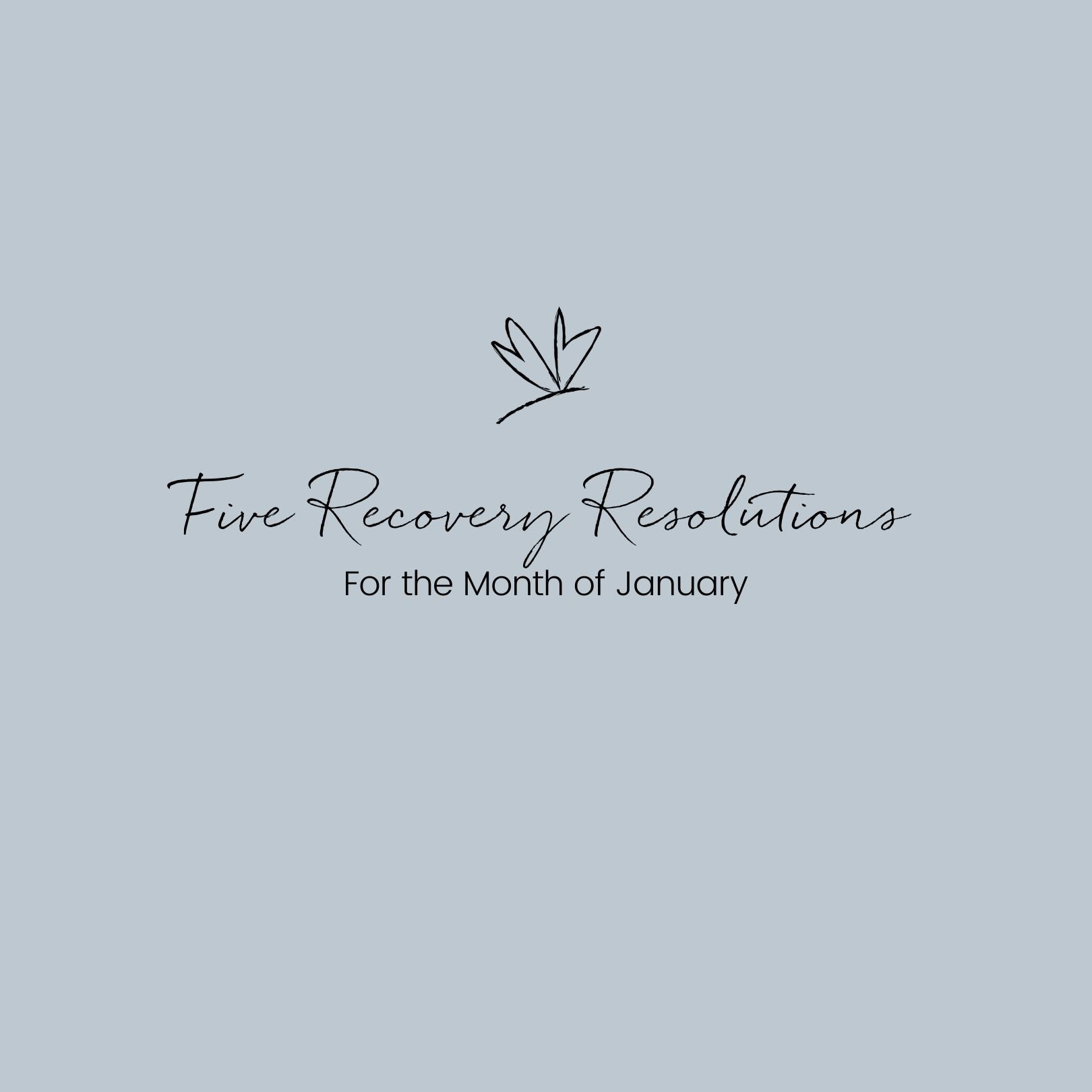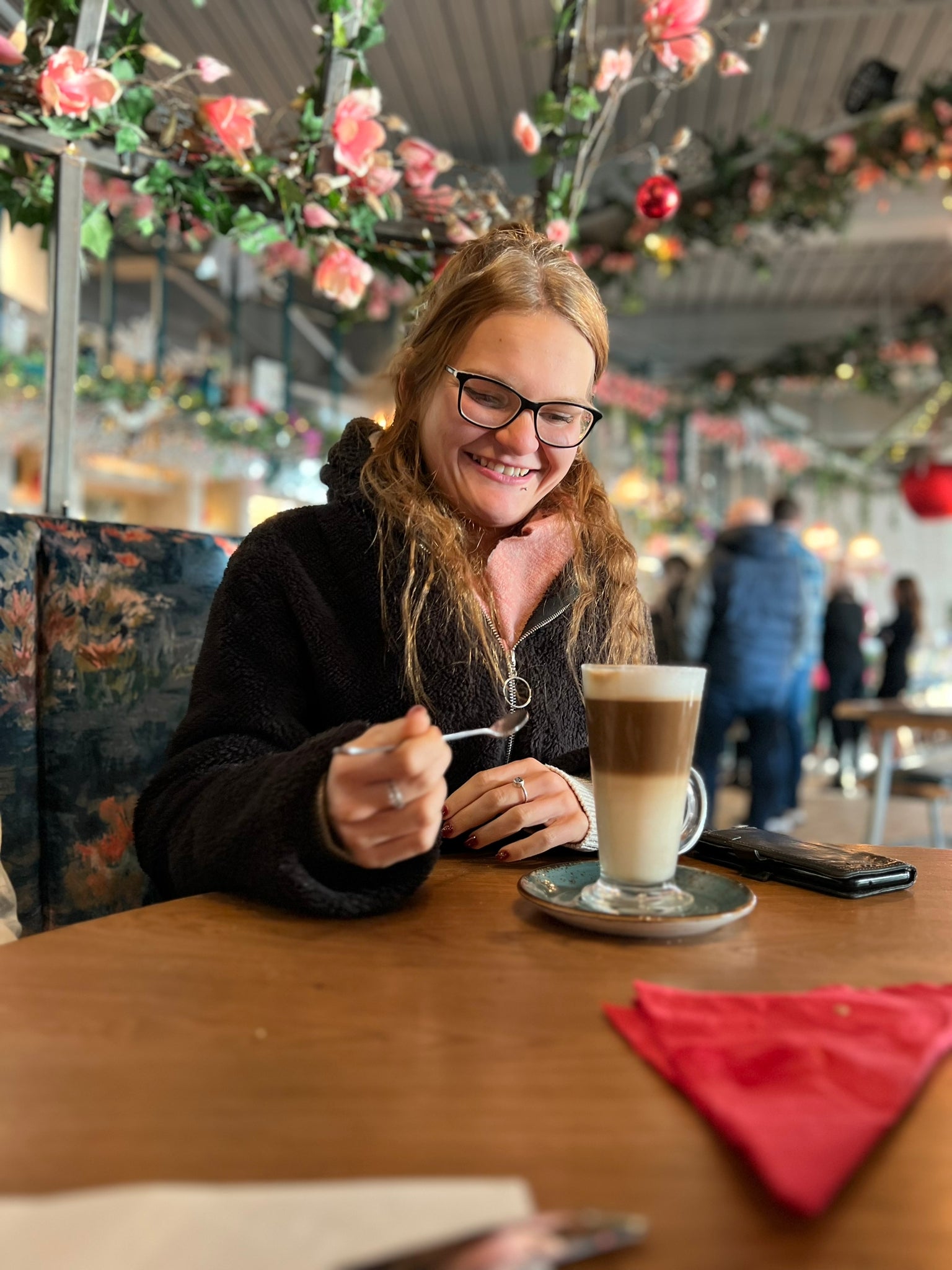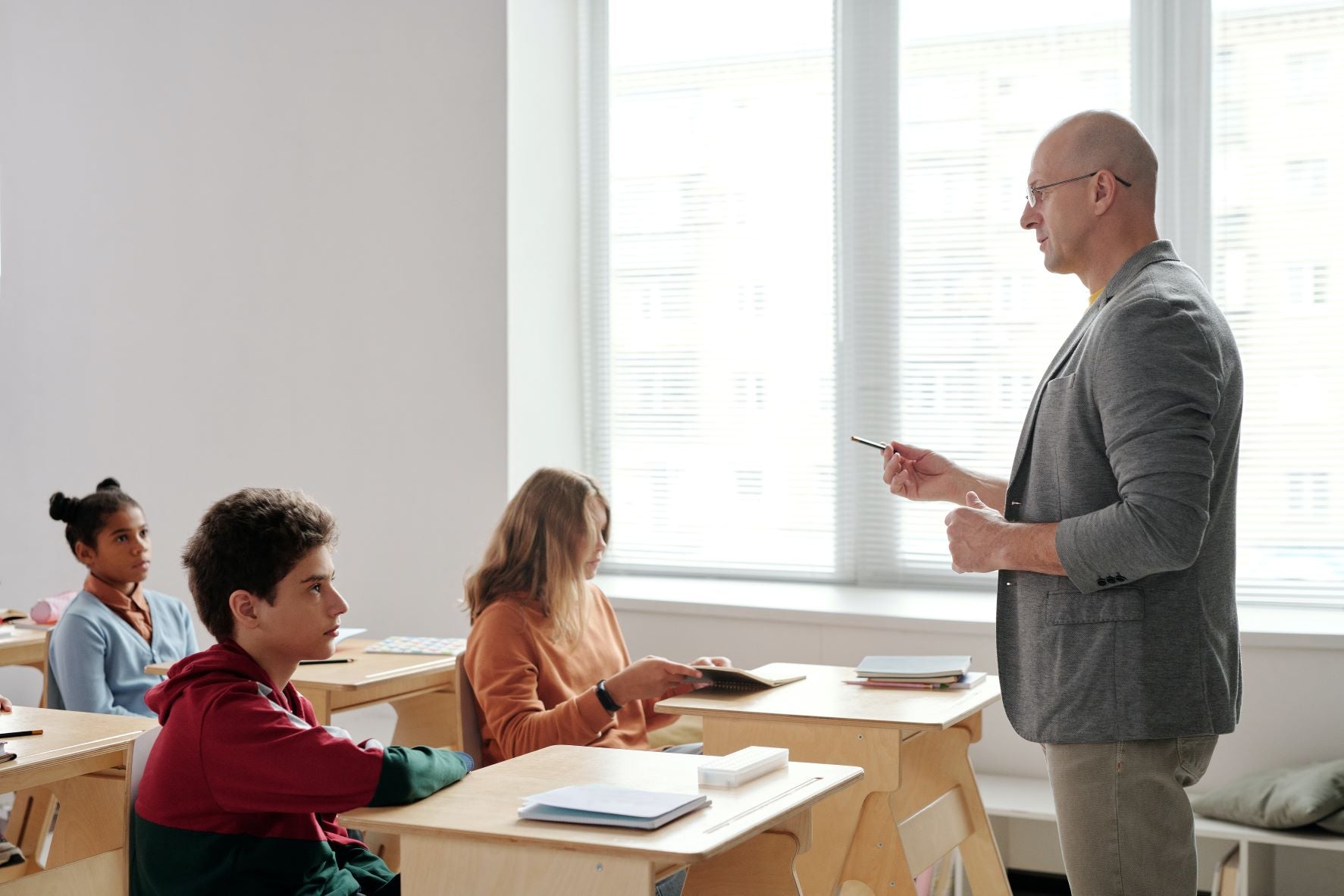"No Longer Surviving, or Enduring. I’m Living and Thriving."
Emily Spence is a mental health ambassador with lived experience of recovering from an eating disorder. She has documented her recovery journey from “quasi recovery” to full health and freedom openly, honestly and eloquently on Instagram, and her story is a beacon of hope for so many of her followers. Emily has generously agreed to answer some questions for us at Wednesday’s Child to share some of the insights she has gained along the way:
- What made you so determined to push forward out of quasi recovery and what were the biggest challenges you encountered?
I remember waking up one morning and just feeling done with it. It had been building for some time: the awareness that whilst I appeared to all those around me to be ‘recovered’, ‘healthy’ and ‘free’, that wasn’t, in fact, my honest reality. I wanted freedom, real freedom, and I knew that although I had come a long way since the earlier parts of my recovery journey, I was still quite some way from the place of full recovery. It was as if my days were tainted by disorder, not drenched as they once had been, but still tainted and that was exhausting. Deep down I knew that total freedom was something I could achieve, and I was determined to make that my reality.
- What have been the most helpful things your partner, friends and family have done to support you during your recovery?
- Consistently offering me the reality
- Listening (even when my brain was a washing machine and my words reflected that)
- Providing me the calm, solid, reassurance that I so often needed. For example: Me questioning my 3rd portion of pudding = “This is ok isn’t it?”. Them = “Absolutely, you are in recovery and your body is asking for exactly what it needs”
- Not talking about weight/diets/calories/bodies etc. You’d be amazed how many people love talking to you about diets the moment they know you’ve had/have an ED. Having my close support network free from that made it a safe space.
- Being up for sofa and snack days.
- Are there any practical strategies which have helped you realise your goal of full recovery which you could recommend to others?
- Focus on being committed to recovery because motivation peaks and troughs, whereas commitment is something you can hold onto as a constant.
- Eat: food is the medicine
- Mental hunger IS valid hunger: thinking about food? Eat
- Drop the judgement and embrace body neutrality: your body is working hard to save your life, let it do its thing and trust that it will take you exactly where it needs to be. Bin old clothes, embrace your comfies and focus your attention on the growth of your world outside your body
- Rest: step back from pushing yourself physically, this is not the time for that. Quit the gym, cancel any races, reduce your walking and don’t fall for the falsehood that yoga/walking don’t “count” as exercise…they do
- Embrace restful activities such as drawing, watching films, playing computer games, journaling etc. My favourite restful activity was always jigsaws; I love them and they did a brilliant job of keeping my brain occupied and my body still
- Nature and the outdoors seem to have played a significant part in your recovery. Could you share a little of your experience?
I have always loved the outdoors: as a child I would spend as much time as possible in the garden or local fields, and growing up with animals meant that embracing all weathers was commonplace. I didn’t actually get into hiking and climbing though until later on in my recovery. In terms of my recovery, the outdoors didn’t solve any problems or make facing the daily battle any easier. Instead, what it did was act as a catalyst for my change. I was out in the hills one day a few years back now, the views where stunning, the route incredible, the company brilliant but I remember reflecting on myself in that moment and I realised something: that no matter where I’d go, or what I’d do, if I didn’t get fully recovered it would always just be me and my eating disorder. The outdoors gave me the space, time and sense of grounding that I needed to see my reality more clearly: it was a catalyst in my decision to quit quasi recovery.
- How did you manage juggling work and other life responsibilities with staying on track with your goals for recovery?
To start with I had to accept that recovery comes before everything else. I would say to myself ‘recovery now, life forever after’ which sounds horribly cheesy now I consider it, but it helped me many times when what I wanted to do and what I needed to do for my recovery were two very different things. Prioritising rest sometimes meant saying no to days out/adventures. Prioritising eating sometimes meant leaving somewhere early so I could get more food or skipping trips because I knew that what my body actually wanted to do was sit on the sofa and eat Pringles. With work and studies, I was in a fortunate position where I could take time off flexibly around my recovery. Now, whilst I know that that isn’t always possible for everyone, I certainly recommend analysing your work/study responsibilities and cutting back where possible to leave more time, space and energy for your recovery. Above all, remember that the time you invest in recovery NOW, is going to pay back triple fold when you look back, totally ED free, and think “wow I’m so glad I took those years more quietly to focus on me and my recovery”. Choosing to pour energy into recovering is not a cop-out, it’s courageous.
- Did compulsive movement or activity play a role in your illness and, if so, what did the healing process look like?
For me toxic hyper-productivity was a big issue in my eating disorder. I was the person who woke up at 6AM, got straight out of bed and immediately set about working my way through my itemised agenda for the day. Every minute of every hour was allotted to a different activity or objective and for a very long time I genuinely just thought that that was how I was; super productive and a lover of being really busy. I tackled elements of this throughout my recovery journey but when I embarked on my mission to quit quasi, I confronted it head on in a way that I hadn’t previously. I had a brutally honest personal reality check and realised that my hyper-productive ‘busy bee’ persona was actually just a very well disguised, socially impressive method of protecting and promoting the remnants of my energy deficit, the thing that was keeping the last tendrils of my eating disorder firmly in place. With that identification came understanding and from there I made changes by actively enforcing do-nothing time; time every day where I sat back and achieved nothing. It was hard work at first, foreign in fact, but with repetition and consistency it got easier. I actually ended up doing a Sofa Marathon for ED Awareness Week in March 2020 which was a real celebration of how far I’d come in tackling my hyper productivity and something that just a year before would have been impossible.
- How has your general mindset changed now from when you were stuck in quasi recovery?
I’m free. No lingering disordered rules, no hoops to jump through, no quirky behaviour patterns, no hidden tendrils of my ED, no fear foods and no remnants of my energy deficit. I am healed, content and free. When I go about my life it isn’t me and anorexia on tour… it’s just me. I’m more laid back in social settings, I’m more engaged with the world, I’m more up for stuff spontaneously and I’m more in touch with who I am. I respect and trust my body, I honour my hunger simply, easily and freely without judgement or analysis. I no longer think about food all the time, I eat whatever is put in front of me, I’m not the fussy one and I embrace my appetite. Girl can eat, and I’m proud of that! I’m no longer surviving, or enduring, I’m living and thriving.
- What have you learned about yourself through your recovery?
Self-exploration and self-discovery have been core components of my recovery journey from day one. In the earlier stages of my recovery, I felt almost completely out of touch with who ‘I’ really was. I didn’t know me, I knew my eating disorder, and the eating disordered version of me, but I’d almost totally forgotten who ‘I’ actually was. It was overwhelming and disconcerting. In the first few months of my recovery, I started a self-discovery journal which I filled with stickers, drawings, lists and spider diagrams, and entitled it ‘This is Me’. I found the self-exploration I did both within and around this journal empowering because it enabled me to see with greater clarity the difference between ‘me’ and ‘disordered me’. I was not my disorder, and my disorder was not me. Self-exploration, plenty of rest and proper recovery eating were the three corner stones of my recovery journey: without them I wouldn’t be where I am today.
- For many people, eating disorders serve as a coping mechanism. How do you cope with stressful times now – a global pandemic, for example – without using disordered behaviours?
Thanks to neural rewiring I can honestly say that no matter what happens, restriction and other old ED behaviours never cross my mind. Nowadays when I’m upset, worried and/or stressed I have a selection of self-nurturing coping mechanisms that I tend to lean on. These include going for a walk in a forest (I really, really love trees), calling up a friend for a catch up, doing a jigsaw, watching a good rom-com or one of my childhood favourite films, cuddles and asking for help when I need it.
- For those people reading who may be feeling stuck, hopeless or uncertain about whether recovery is possible for them, what would you most like them to know?
I want anyone reading this who feels even slightly like that to know that they are not alone, that they are strong, even if they don’t feel it right now, and that freedom IS possible. The journey is overwhelming when looked at from afar so bring it back to the present and focus on the steps you can take right here, right now to move you closer to freedom and further from your disorder. Food is the medicine and it’s ok to be utterly exhausted. Rest, eat, heal. You’ve got this.
- May 2021





